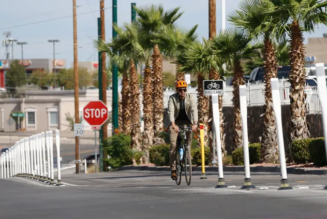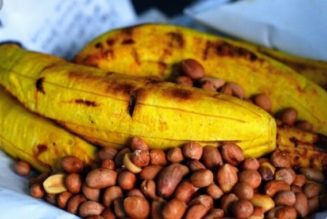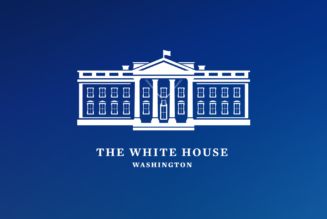
BENTONVILLE — A musical performance by Jewel and a conversation about maternal mortality marked the kickoff of the Wellness Festival at Crystal Bridges Museum of American Art on Thursday.
The festival continues today through Sunday at Crystal Bridges and The Momentary with events that incorporate wellness and creativity.
“The Portal,” a visual-art installation by singer-songwriter Jewel, opens today at Crystal Bridges as a part of the festival and a celebration of the intersection of art and well-being.
Rod Bigelow, executive director and chief diversity and inclusion officer, said the partnership with Jewel made sense for Crystal Bridges because she values art, nature and food, much like the art museum.
Jewel spoke during the first part of the session about how she values mindfulness and wellness. She said she defines mindfulness as constantly being present in real time. She said she wrote the song “Hands” about mindfulness. She performed “Hands” and “Who Will Save Your Soul?” solo and played the guitar.
The artist said a reason she created the art installation at Crystal Bridges was to help people learn more about themselves. She said she hopes that through viewing the art, people are encouraged to identify what brings them internal peace and internal contention.
The second portion of the session featured a discussion between Olivia Walton, the chairperson of Crystal Bridges; and Tonya Lewis Lee, a New York City based producer, filmmaker and advocate.
Lee’s work often explores the personal impact of social justice issues, according to Crystal Bridges’ website.
She co-directed and co-produced “Aftershock,” a 2022 film that explored the U.S. maternal mortality crisis. The film’s website describes it as a story about two families affected by pregnancy-based deaths who fight for change in the arena of maternal health.
Walton shared with Lee that Arkansas ranks worst in the nation for maternal mortalities and described the state as the epicenter of the crisis.
There was a gasp from the crowd in the Great Hall of Crystal Bridges.
“We have issues in New York, too,” Lee replied.
The U.S. Department of Human Health Services in 2007 asked her to be a spokesperson about the infant mortality issue in the county, Lee said, adding she wasn’t aware of the issue at the time.
“When talking about infant health, you’re also talking about women’s health,” Lee said.
Lee said she made “Aftershock” to humanize the maternal health statistics, particularly those of women of color; the film was to tell people’s stories while inspiring hope and change. The movie tells the stories of the Gibson-Maynard and McIntyre families and their experience losing mothers in pregnancy-related deaths. Maternal mortality is a family issue, Lee said.
Walton asked Lee to share about the false narratives around women’s health.
Lee said all three groups of first responders asked if the mother was on drugs when they arrived at the home of the McIntyre family shown in the film.
“Black women are not seen or heard,” Lee said.
Lee shared she had her own issues with her birthing experience and had a hard time with a specialist in the process.
The filmmaker said women should feel safe during birth and experience it in a way that they feel comfortable. The mother should be able to choose whether to give birth at a hospital or at home, with or without medication.
Walton said women deserve quality and safe care, especially in the country that spends the most on health care.
When it comes to a solution, Lee said we all have a responsibility because maternal mortality is an issue not only for women, but for families as well.









